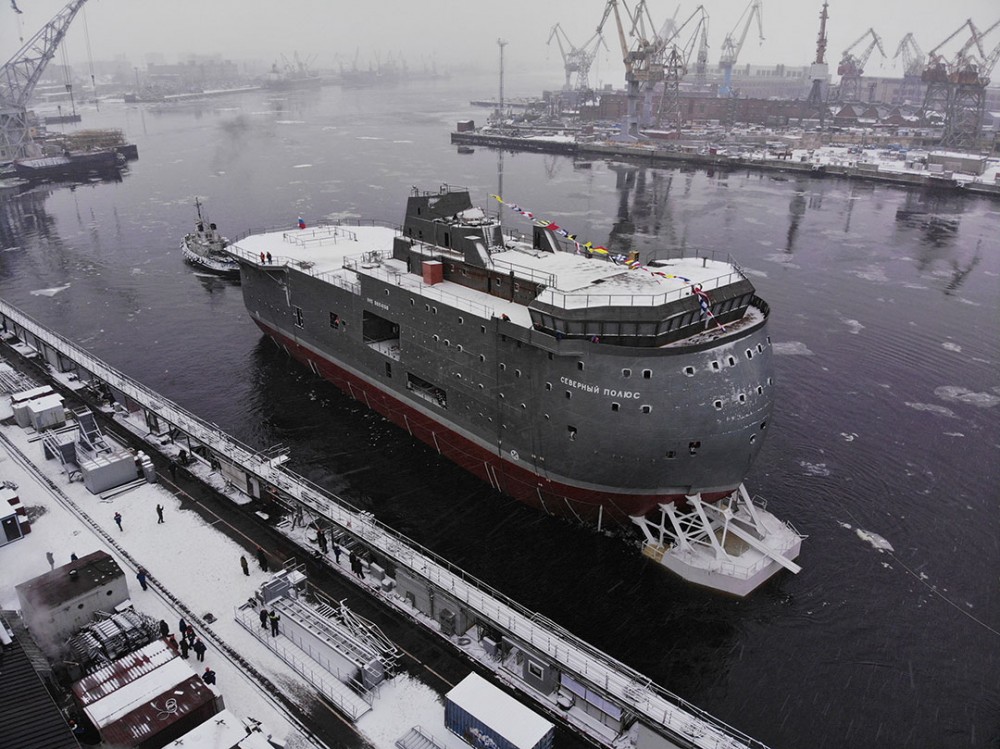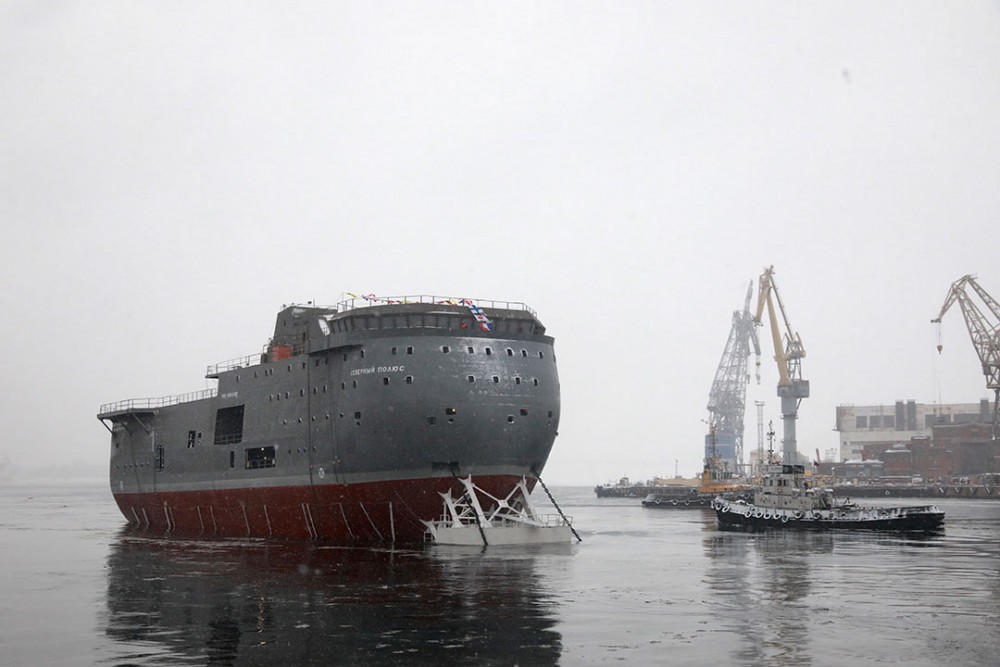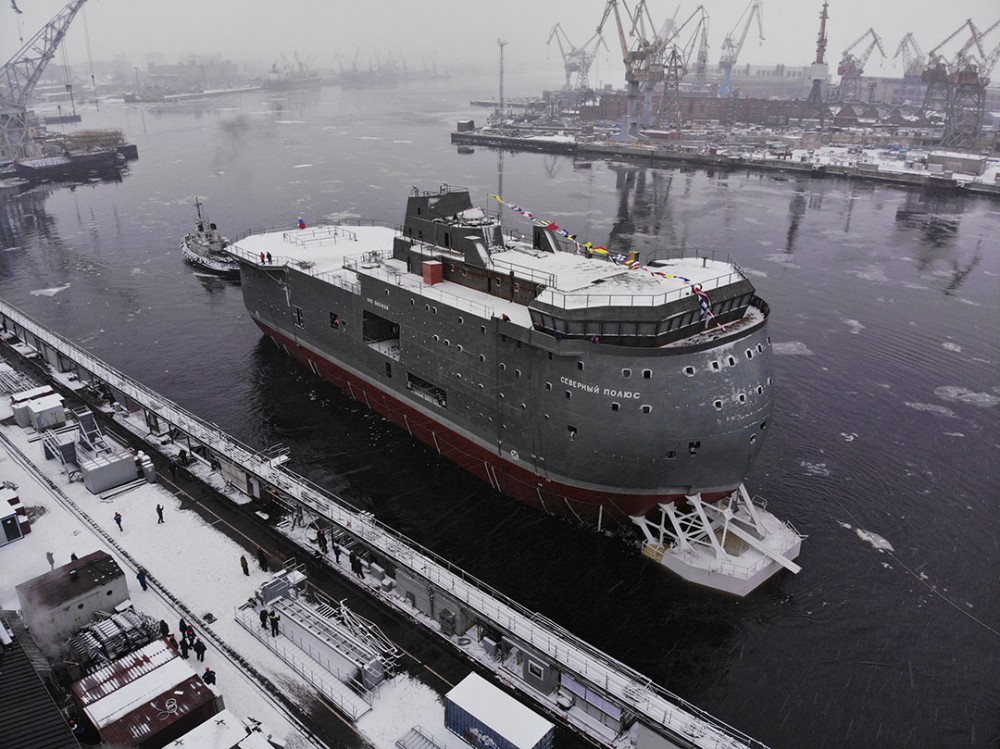
Russian Arctic science ship to sail with very low sulphur fuel oils
ADVERTISEMENT
The “Severny Polyus” (North Pole) will be the first Russian science expedition ship to be fueled with Ultra-low sulfur diesel (ULSD), the Arctic and Antarctic Research Institute (AARI) informs.
The ice-resistant self-propelled platform started mooring trials last autumn at the shipyard in St. Petersburg, with a plan to sail out for the first testing in the Baltic Sea on May 21, Russia’s Day of Polar Explorers.
If all go well, the voyage around Scandinavia towards Murmansk will take place in September.
Ultra-low sulfur diesel (ULSD) contains an absolute maximum of 15 parts per million (ppm) of sulfur. This is significantly less than that of certain types of other fuel oil, in which the ppm could even reach 3000. When used alongside modern pollution-control technology, ULSD helps reduce soot and pollutants in diesel exhaust up to over 90 percent.
From Murmansk, the “Severny Polyus” will sail into the Arctic sea ice on her maiden expedition in October, Russia’s Minister of Natural Resouces and Ecology, Aleksandr Kozlov, said a last week’s meeting on Arctic issues held by President Vladimir Putin.
The low sulfur-containing fuel is produced by the Omsk Oil Refinery, while it is supplied by the Gazpromneft Marine Bunker, a subsidiary of Gazpromneft, which focuses on year-round refills of marine fuels and oils for sea and river transport vehicles, news online Lenta informs.
There will be 34 scientists and a crew of 14 on board when the self-propelled platform sails into the ice for a short period of testing of key equipment this autumn.
ADVERTISEMENT
The first real voyage will start in 2023 when the “Severny Polyus“ according to plans will sail into Arctic waters for a two-year expedition. The ship is designed to be able to drift uninterruptedly with the Arctic currents for two years.
It will be operated by the Russian meteorological service Roshydromet.
Environmental groups have for years called on the International Maritime Organization (IMO) to put a ban on all use of heavy fuel oils (HFO) in or near Arctic waters.
In 2020, Norway proposed a total ban on the use of heavy fuel oils in all waters around Svalbard archipelago. The Clean Arctic Alliance followed up with a call on the IMO to ban heavy fuel oils in all shipping in the circumpolar north.
The alliance wants Arctic shipping to abandon also the use of very low sulfur fuel oils, and switch to distillate fuels or even other cleaner alternatives.
“The Clean Arctic Alliance is calling for IMO Member States to require ship operators to switch from heavy fuel oils or very low fuel oils to distillate fuels or other cleaner alternative fuels when operating in or near the Arctic. A switch from HFO to distillate fuels will reduce black carbon emissions by around one-third. This would then allow the installation of an efficient particulate filter (already required for road transport) which would reduce black carbon emissions by over 90%,” the Clean Arctic Alliance Lead Advisor, Sian Prior, said at the time.
ADVERTISEMENT
The Barents Observer Newsletter
After confirming you're a real person, you can write your email below and we include you to the subscription list.










